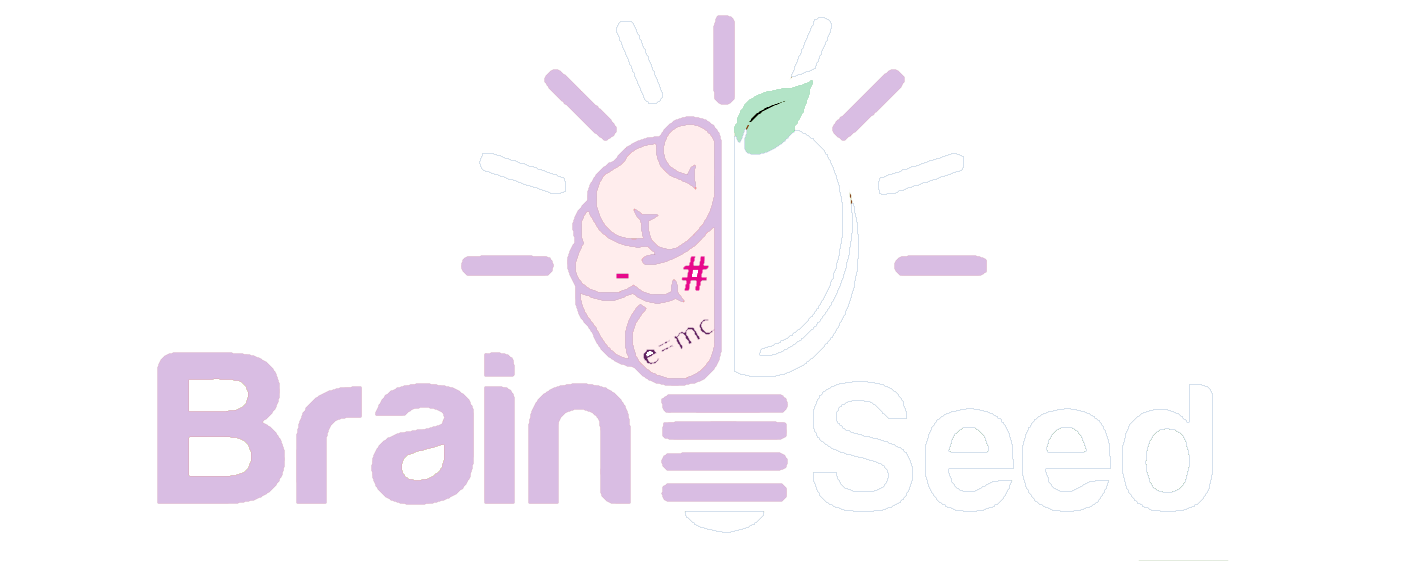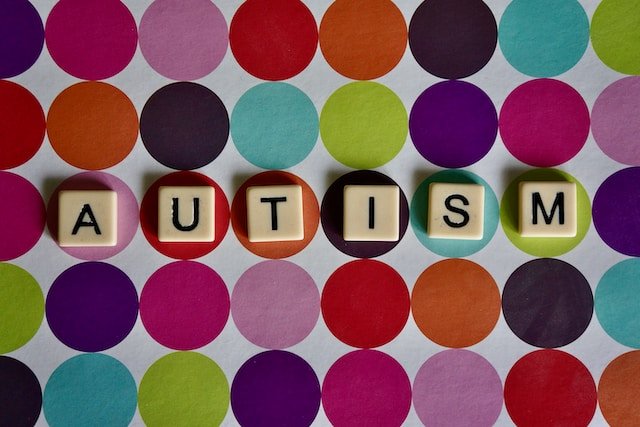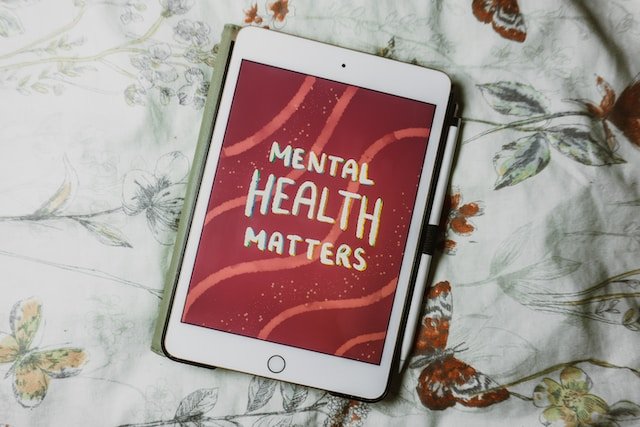What are the best practices for teaching drama to students with behavioral challenges?
Teaching drama to students with behavioral challenges can be a unique and rewarding experience, providing an opportunity for these students to develop social and personal skills while also expressing themselves creatively. However, it can also present great challenges for teachers. Here are some best practices for teaching drama to students with behavioral challenges.
Establish Clear Expectations: It is important to establish clear expectations from the very beginning of the drama class. This includes setting boundaries and rules, as well as outlining consequences for not following them. Be consistent in enforcing these expectations and communicate them clearly to students and their families.
Create a Safe and Inclusive Environment: A safe and inclusive environment is critical to the success of drama classes for students with behavioral challenges. Create a space where students feel valued and supported, and where they can express themselves without fear of judgment. Encourage collaboration and respect among students and promote a positive classroom culture.
Incorporate Movement and Sensory Activities: Integrating movement and sensory activities can help students with behavioral challenges regulate their emotions and energy levels. Use activities such as stretching, breathing exercises, and movement games to help students focus and engage with the material.
Use Clear and Concise Instructions: Students with behavioral challenges may struggle with following complex or abstract instructions. Use clear and concise language to help students understand what is expected of them. Use visual aids or demonstrations to help establish these instructions.
Provide Meaningful Opportunities for Student Choice: Providing opportunities for student choice can help students feel more engaged and invested in the drama class. Allow students to choose their roles or create their own characters, and encourage them to contribute ideas to the class. This can help students feel a sense of pride and ownership in their work.
Offer Positive Feedback: Positive feedback is a powerful tool for motivating students with behavioral challenges. Praise students for their successes and progress, and provide specific feedback about what they did well. This can help build their confidence and sense of accomplishment.
Collaborate with Support Staff: Work together with support staff such as special education teachers, counselors, or behavior specialists to create a plan for addressing behavioral challenges in the drama class. Collaborate to develop strategies for supporting students who may need extra assistance or accommodations.
Teaching drama to students with behavioral challenges can be a challenging but rewarding experience. By establishing a safe and inclusive environment, using clear and concise instructions, and incorporating movement and sensory activities, teachers can help students develop social and emotional skills while also expressing themselves creatively. With the right support and strategies in place, drama can be a powerful tool for students with behavioral challenges to succeed both in and out of the classroom.
Are you looking for a fresh and exciting way to engage your school’s drama program or your child’s creativity? Try YouTube drama! It’s a fun and modern way for students to create and perform in their own videos. YouTube drama is flexible, convenient, and can even reach a wider audience. Plus, it teaches valuable skills like video production, editing, and storytelling. Click here to learn more about how YouTube drama can benefit your school’s drama program.







